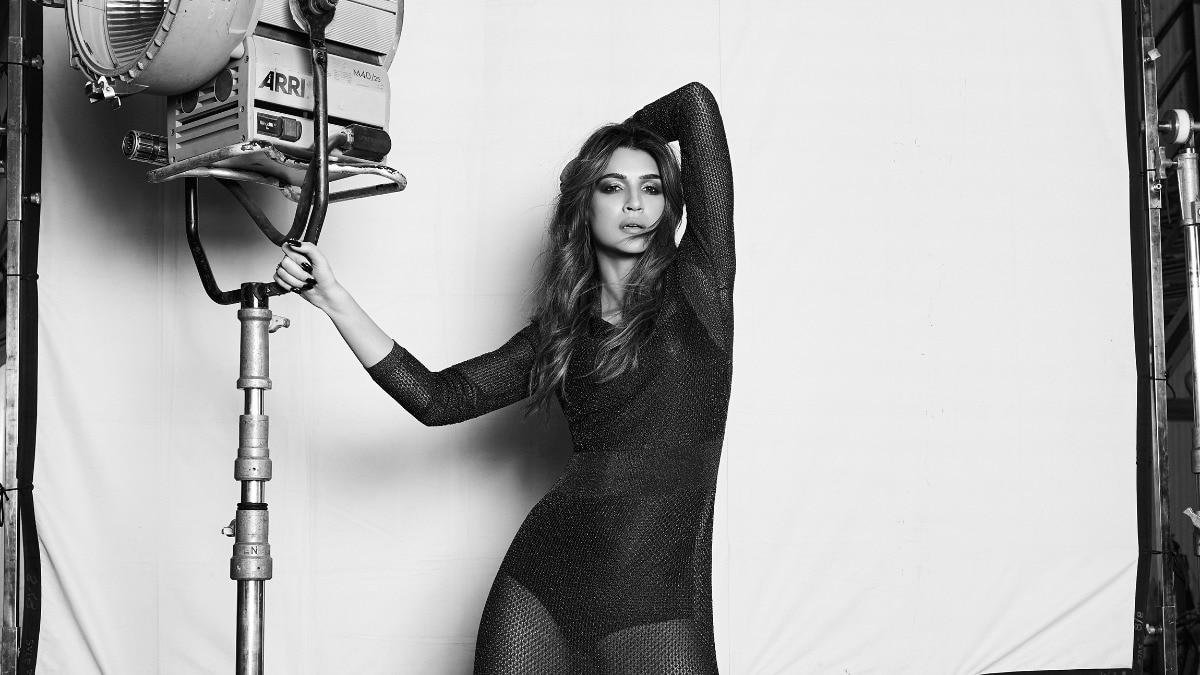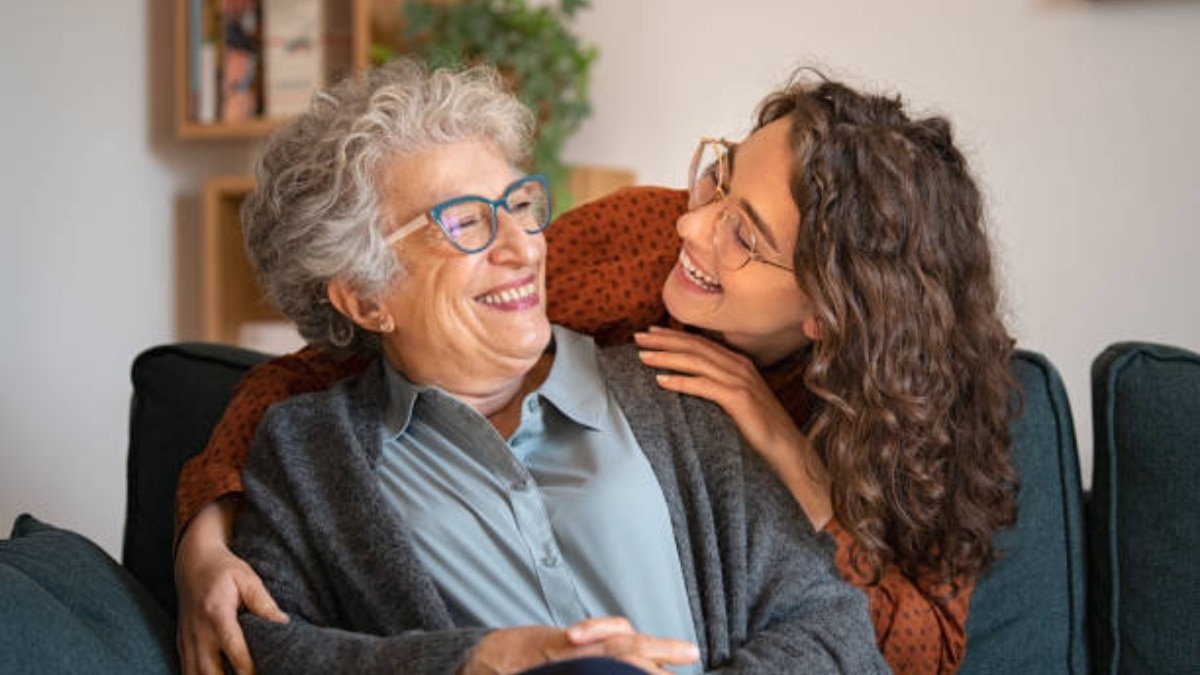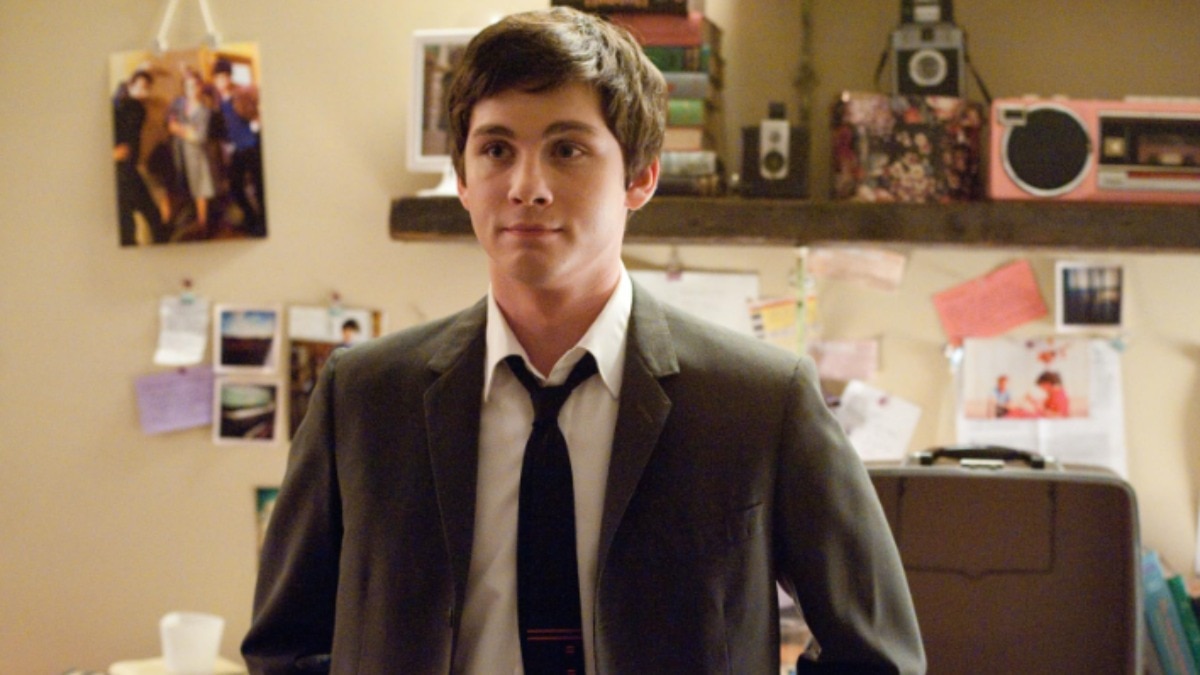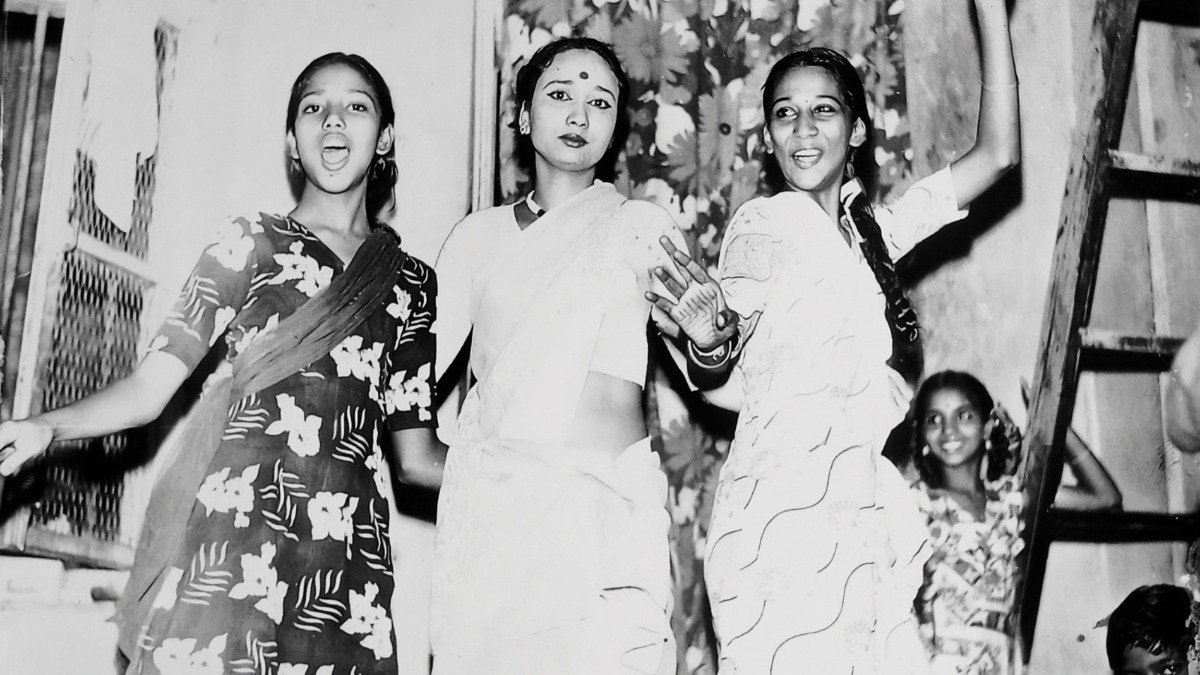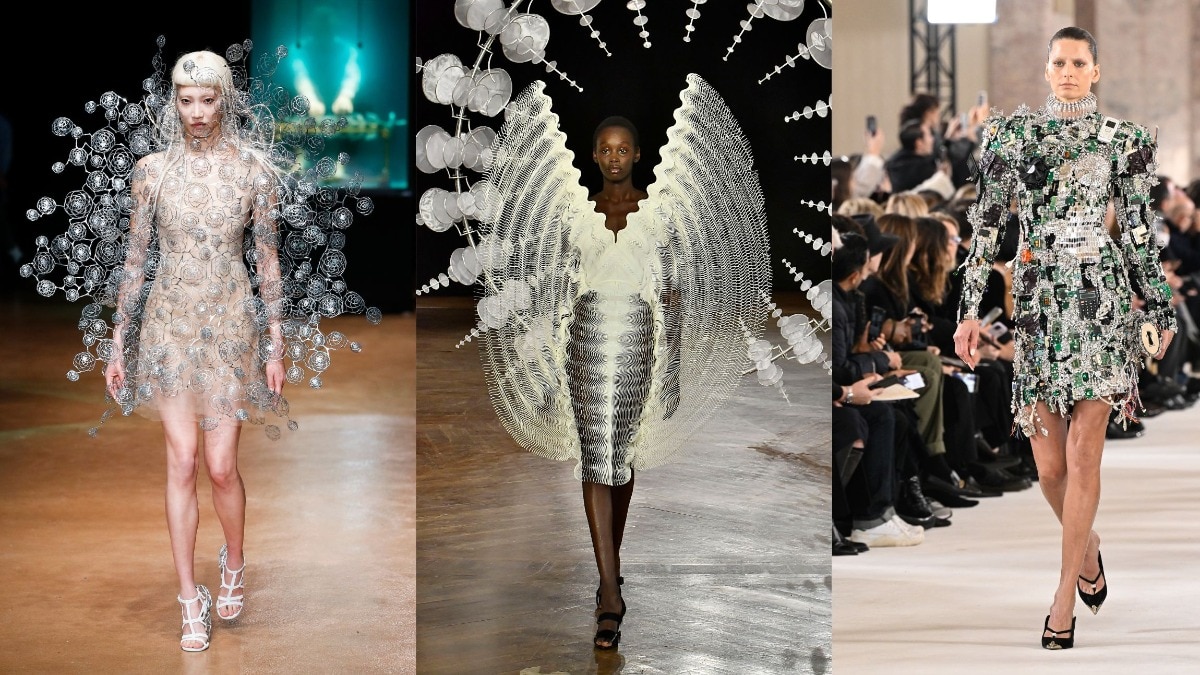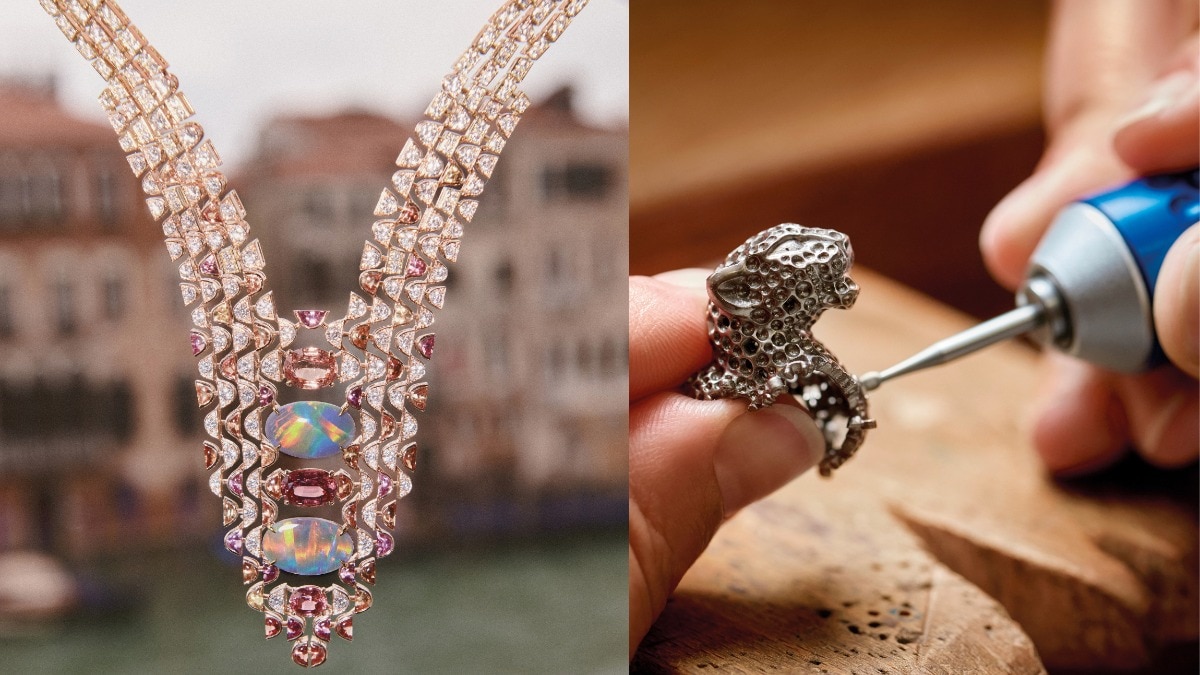In conversation with Waheeda Rehman on cinema, travel and what keeps her going at 84
The leading lady of the ‘Golden Age’ of Indian cinema speaks to Bazaar India about what dance means to her, Guru Dutt’s influence on her work and life, keeping busy, and Vidya Balan playing the lead in her biopic.


I paced up and down the pavement opposite Waheeda Rehman’s house at Bandra Bandstand. ‘Piya Tose Naina Laage Re’ played on loop as I waited to enter the building complex. A million thoughts ran through my mind, and a nervous yet thrilling energy came over me. Waheeda Rehman was and continues to be a name that resonates with everyone—cinema-goers, performers, dancers, filmmakers, and aspirants who dream of being a part of legacy films and making it in the Hindi film industry. For me, it was all this and more. My grandfather and mother introduced me to Waheeda ji’s songs and films. “She is the epitome of grace and beauty,” they would say.
As I entered her house, it felt surreal, at the very least. What followed was a conversation that exuded her warmth, passion, and undying energy. From making her mark in a folk dance performance in her very first Telugu film, her journey to Bombay at the age of 17, and being part of some of the greatest films of Hindi cinema such as Guide, Sahib Bibi Aur Ghulam and others, to being a wildlife photographer, painter and traveller at 84, Waheeda ji’s greatest life lesson is to do what you want, have an ever-positive approach to every situation, believe in luck, and be grateful.

Harper’s Bazaar (HB): At the core of it all, you're a dancer, an actor, and a painter. Who inspired you while growing up and introduced you to art in all its various forms?
Waheeda Rehman (WR): Actually, I got it from my parents. Back in Chennai, we used to go to dance recitals, plays, and musical concerts very often. When you watch so many art forms in your childhood, you tend to get impressed. And then I saw Kamala Lakshman performing Bharatanatyam which left a deep impression on me. I told my parents that I wanted to learn dancing, and they agreed quite easily. My parents were very liberal. So, I started learning Bharatanatyam and giving stage performances.
HB: What is dance to you?
WR: Dance to me is a reflection of one’s mood. When you feel happy and elated, and want to celebrate you will automatically start dancing. Music and dance are intrinsic parts of Indian culture—when a child is born there is music, at weddings we have multiple music and dance functions, a harvest is celebrated with music and dance. It is in our blood. Once when I was attending the Berlin Film Festival where my movie, Sahib Bibi Aur Ghulam had been nominated, the festival director asked me, “Why do Indians dance so often in the movies?” I understood where he was coming from, because in real life, one doesn’t really do all that dancing. But I gave him the context. I told him it is in our culture, and that it is natural that people want to dance when they feel happy. He kind of understood, but still wondered why even characters like doctors or the police broke into a dance at the drop of a hat. I explained to him that most often, the Indian audience wants to see some singing and dancing in the movies and that is why a few sequences are added in almost every movie. It is a part of our lives and thus, by extension, our movies.

HB: How did you navigate your way in the film industry?
WR: I started my career as a dancing child artist in a Telugu movie, Rojulu Marayi. The producer was a friend of my father, who was a district commissioner. But by the time the movie went on floor, my father had passed away and the producer started speaking to my mother for this film. Of course, my mother was hesitant and scared because my father wasn’t around, but the producer explained to my mother that except for the medium and the making process, it was not different from doing a stage performance. I was very excited because the offer had come to me out of the blue. I finally did the dance and it became very popular and successful. And because I come from an Urdu-speaking family, it was a natural progression for me to enter the world of Hindi cinema.
HB: How did you come to Bombay and end up working with Guru Dutt?
WR: It was pure luck, I would say. I happened to be in Hyderabad at the same time as him and we met by chance in a distributor’s office. He didn't know who I was, and I didn't know who he was. In those days, there were not many magazines, and not too many Hindi movies came to the south. The distributor told Guru Dutt that there is a new girl on the block who dances very well and has become quite popular. Guru Dutt, at that time, was on the lookout for new talent and new faces. He asked me if I could speak Hindi, and as luck would have it, I spoke Urdu and Hindi fluently. He took a quick look test and then asked me to come to Bombay. Guru Dutt has had a major impact on my life and career as some of my best movies were Guru Dutt films—Pyaasa, Kaagaz Ke Phool, Chaudhvin Ka Chand.
HB: Were you nervous to begin your Bollywood journey?
WR: Of course, I was nervous. In my very first movie I was working with two stalwarts—Guru Dutt and Dev Anand. I was a fan of Dev Anand and when I was told about working with him, I thought I didn’t hear it right. I wondered, yeh Dev Anand kahan se aa gaya beech mein (how did Dev Anand come in the picture out of nowhere)?

HB: Where did you stay in Bombay at the time?
WR: We were put up in a hotel by the producer. But my mother and I were very nervous and scared because Bombay was like a foreign country for us. We didn't know a soul. So, we brought a friend along with us until the agreement was signed. We stayed in a hotel for nearly a year, because in those days, it was difficult for a single mother and daughter to find an apartment, as the owners had doubts about them being able to pay the rent.
HB: You've also spoken about the conditions that you put before you signed up to do C.I.D. How important is it to have boundaries?
WR: It is very important to have boundaries in every profession. You see, I was prepared to work hard day and night, 24/7, but there were certain things which I had made clear shouldn’t exceed a limit. I used to tell producers that they cannot call me after 9:30 pm. They would often say that sometimes when they would think of a scene or write scenes in the middle of the night, it was important for them to call the actor. But I made it clear that they could call me early in the morning, since I was an early riser and used to be ready by 7:00 am. I had this condition because my mother used to stay with me, and as a ritual my sisters, who did not live in Bombay, used to call us in the night. My mother, who was a heart patient, would get really scared and tensed if it weren’t one of them on the call. The producers understood and respected this.
HB: What have been some of your most memorable shoot experiences?
WR: I would say Mujhe Jeene Do, because the entire movie was shot in Chambal Valley, where we stayed in tents and were surrounded by the BSF jawans. In those days, a lot of dacoits lived in the area. Vinoba Bhave, a Satyagrahi, was on his mission to talk bandits into surrendering and the dacoits in Chambal were thinking of surrendering themselves. There was tension in the air. So, two jawans, holding guns were stationed outside our tents. They used to warn us ‘Aage mat jaana, daaku leke jaate hain aur pata bhi nahi chalta’ (Don’t go any farther, the bandits will kidnap you and no one will even know of your disappearance). So, Nirupa Roy and I used to always be scared at the shoot. The other memorable shoot was the Reshma Aur Shera one, because I like the outdoors and we shot this in Rajasthan. Both the times we stayed in tents.

HB: Was there a role that challenged you or really impacted you as a person?
WR: I tried my best to keep the character separate from me. But sometimes it is just not possible. For instance, by the end of the shooting of Khamoshi, I used to feel very low and depressed. At that time, I didn't know why I was feeling the way I was. So, in a shooting for another movie, I was not able to emote properly. The director asked me what was wrong, as I would usually be able to pick up a role very well. I said I didn't know, and didn't feel like doing anything. In those days, even the doctors wouldn't know if somebody was going through a low period or was depressed. They used to recommend rest or a holiday.
HB: You lost your father at a young age, and then you lost your mother, too, and were alone in Bombay. How did you deal with it all?
WR: That was a very, very bad period in my life. My mother passed away suddenly. It shook me up. I thought, ‘what am I going to do now?’ That time I was shooting for Solva Saal, but I was feeling terrible. One day I told Dev saab that I didn't want to work. He heard me out and then asked, “Is there anybody in your life right now? Do you want to get married?” I told him there was nobody. “Then where are you going to go?” he asked. I told him I didn't know. “That is the problem. We are doing two movies—Solva Saal and Roop Ki Raani Choron Ka Raja—you can't walk out in the middle of the movie just because you had a tragedy. We all understand your situation. But work is worship. So, keep working. By the time the movie gets over, see what your mental state is and then decide if you want to continue working or not. Also think that if you're neither going to continue working nor get married, then would you be okay to go and stay with your sisters who are married and have children?” I said, “No.” That was a good piece of advice he gave me at the right time, I suppose.
HB: Let’s talk about your marriage. How did you two meet?
WR: He (Shashi Rekhy) was also an actor. We did one movie together, Shagun. After that none of his movies did well at the box office and he was very disappointed. So, he moved to Canada. But we had a common friend, Yash Johar. Rekhi used to often come to India and stay with him, and we would meet. A few years passed, and as I grew older, my career started slowing down. You see, in those days, in India, as soon as a woman touched 25 years of age, her career would be over. But men continued to play heroes on screen. So, I started thinking of settling down, and it so happened that he proposed to me. Of course, I said yes—we had common friends, he was a decent, handsome man, so I thought, why not?!
HB: How did you know that you were ready to move away from acting?
WR: When we shifted to Bangalore, I wanted my children to be away from this atmosphere—it was not bad, but I wanted them to study. Even when in Bangalore, I kept getting a lot of offers. The last film I did was Lamhe, after which there was a gap of 10 years. Then I starred in Om Jai Jagdish, just before that my husband had passed away. My children were all grown up, so everybody around me asked me what I was going to do all day and suggested I get back to acting again, especially since I was still getting offers. So, then I went on to do Om Jai Jagdish, Rang De Basanti and Delhi-6, which was the last movie.
HB: You then ventured into creating the Good Earth Food breakfast cereal with your friend?
WR: Yes, my friend and I started the Good Earth Food breakfast cereal. You see, because I have always been working from a young age, I don't like to sit idle. I have to do something. So, when my friend told me about this, I was really interested in the idea and we started the brand. And people really liked it.
HB: Let's talk about your love for travelling. Which is your favourite place to travel?
WR: So, initially, and even today, we prefer to travel by road, because you can enjoy the scenic views much more. When you fly to your destination, you do not get to see anything. And places where you cannot drive to, I fly and then do a road trip in that country or city. I’ve visited countries in the Middle East, Europe, the Americas. I like Europe better than America because the continent has many small countries, each with a unique culture, different language, and distinct food. I travel a lot with my friends—Helen, Asha and I took a cruise to Scandinavia, which was a lot of fun. Asha and I have also travelled to Alaska together.


HB: I also remember you saying in an interview that you wish to scuba dive?
WR: Yes, but it's not going to happen because my doctor has said no. Once somebody asked me, why do you want to scuba dive at this age? I said, “Why do we put the tag of age on anything we want to do? As long as you are healthy and ambitious, you should do it. When you learn something new, you do something different and more than your daily routine. Agar sirf chai piya khaana khaya, so gaye, uthe (if you only eat and sleep), then the mind becomes dull, and it's not that I am consciously thinking about it, but you must keep yourself busy. It is very important to have a hobby, even if it is just playing cards, aap kuch toh kar rahe ho (you are at least doing something). When you sit idle, you are reminded of your pain, but when you’re busy, you don’t even think about it.
HB: I also recently saw a picture of you painting...
WR: Yes, it was a painting of parrots, and Priya Dutt had put it up. Incidentally, I just returned from my painting class right now.

HB: When did you become interested in photography?
WR: I like everything about photography, but wildlife photography especially interests me. I was so much into photography that I bought the high-end Rolleiflex camera. Though at that time I didn't learn properly, in 2013, I met someone who taught wildlife photography and took us on safaris and trips. It’s a big group and we call each other ‘Safari friends’. I’ve been to Kenya, Masai Mara, Tanzania, Namibia and the Indian national parks in Madhya Pradesh, Maharashtra and Rajasthan—Pench, Tadoba, Ranthambore, Kanha and Satpura. I love being outdoors, amidst nature and wildlife.
HB: What keeps you going every day? What makes you happy?
WR: I thank God for everything I have. I'm grateful to God for my friends, my family. I'm happy because I am thankful. When I see so much suffering around me, I just think of how fortunate I am for every day, every moment, and when you’re thankful, you can never be depressed. But when you’re not, there's no end to your haye haye (a Hindi phrase often said when telling tales of one’s misery).
HB: What has been your greatest life lesson?
WR: The greatest life lesson is that everyone encounters problems, no matter who they are—it could be the president, a doctor, a nurse, a maid—everybody has their share of problems. But you have to accept it. Don't fight it. Process it and then ask, how am I going to deal with this? How am I going to face this? Even if I'm suffering, I need to remember that I'm not the only one in the world. Ninety per cent of the people out there are suffering much more. You have to accept it and be calm about it. Because jo hona hoga, woh hoke hi rehta hain (What’s bound to happen, will happen).

HB: Have you ever thought about writing your autobiography?
WR: No, no. I don't believe in writing an autobiography. You see, there are so many people involved in your journey, and sometimes, good things happen, sometimes not. But if you tell your truth, the other person involved may be hurt. You don't know his or her point of view. Maybe they were right and I was wrong. So, why hurt them? There are certain personal things which I think should remain personal. And what do I write about myself? There isn’t much—I have had a simple life, my career was good, and I am lucky I've made some good friends along the way. There’s no masala in the story!
HB: If anybody had to play you in your biopic, who would you want to play you?
WR: Vidya Balan

